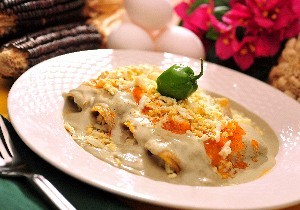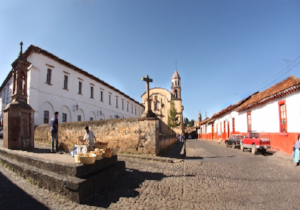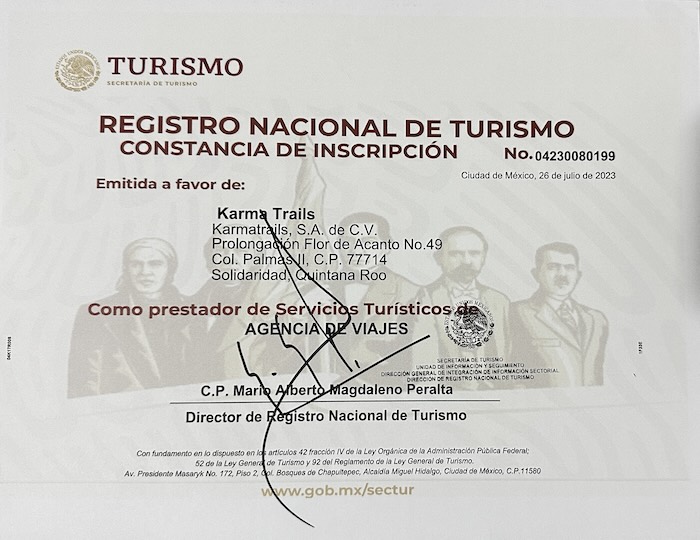WHERE DO YOU WANT TO TRAVEL?
See all our ToursThe City strength resides in its history, its walls, and its strongholds, built to identify its identity, having been the stage of the most bloody battles between Spaniards, pirates, and privateers. During the colonial era, the homonymous city of Campeche and the current capital…
El Fuerte is a sunny town, with the soothing sound of water that runs through the river and becomes a kind of soft whisper that will accompany your days and nights. Here you will learn to coexist with nature, fresh food and traditional music, because…
Coffee Tour Chiapas Mexico, seems to satisfy all sorts of tastes, not just from a more touristic point of view (landscapes, ruins, cities, climate) but also from the gastronomic one. The Coffee is definitely an icon of the country, especially in States of Veracruz,…
Mexico traditional dances has been existed before the conquest and survived until today, despite the Spanish tried to do away with it. This because the dances had deep roots in the life of the Mexicans who, by the years, have given to this traditions…
Mexican Cuisine is part of the UNESCO intangible cultural heritage. The organization defines it as a “comprehensive cultural model comprising farming, ritual practices, age-old skills, culinary techniques and ancestral community customs and manners”. It is made possible by collective participation in the entire traditional…
Mexican tradicional dances has been existed before the conquire and survived until today, despite the Spanish tried to do away with it. This because the dances had deep roots in the life of the Mexicans who, by the years, have given to this traditions…






